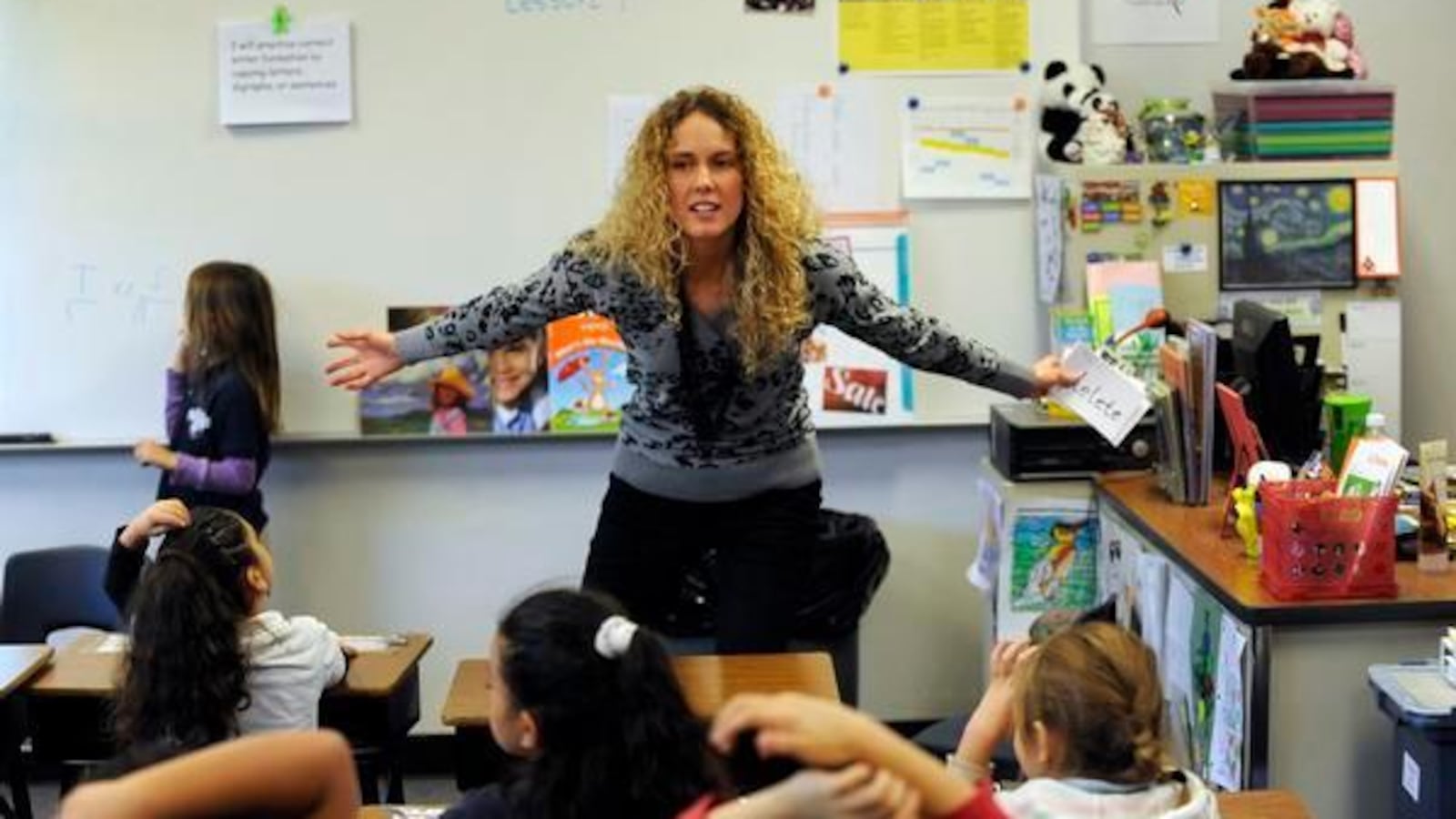State officials moved a step closer Thursday to requiring Pueblo City Schools to hire an outside manager who would fully oversee the district’s two lowest performing schools.
Summoned before the State Board of Education, Pueblo district officials a day earlier presented a proposal incorporating external management, and sounded receptive to state concerns. During questioning they reassured the State Board that they would be willing to defer decision-making to the new manager on issues such as staffing and on whether or not to continue working with a nonprofit group.
“I think they intend to do this,” said state board member Steve Durham. “I hope that’s the case.”
Once final language is drafted, the State Board is expected to vote later this month on its order for the Heroes Middle School and Risley International Academy.
Board member Joyce Rankin, whose district includes Pueblo, worried that ordering an external manager for the schools might be too similar to what should have already been happening.
“ANet has not fulfilled the directive by the state board, in my opinion,” Rankin said, referring to the nonprofit Achievement Network that is working with the two schools. “We should all be appalled at what we’re seeing.”
The two schools have been on the state’s watchlist for low performance for more than eight years. A year ago, the state board ordered them, along with five school districts and 10 other schools, to craft plans to improve or face further consequences.
In the case of Pueblo, the state board ordered it to work with Achievement Network on improving instruction at the two schools. The state also gave last year’s three low-performing Pueblo schools waivers from some laws and rules, in order to have more flexibility to improve. One school, Bessemer Academy, succeeded in meeting state expectations since then. But the two middle schools did not.
A panel of state experts visited them and provided recommendations earlier this month. The panel suggested that working with Achievement Network was not enough. The evaluators gave a damning report, citing problems with the schools’ leadership and ineffective use of the waivers.
Pueblo school leaders agreed.
“These two schools face challenges that must be addressed across broad areas. Some of these areas fall outside the focus areas and skill set of the Achievement Network,” said Ted Johnson, Pueblo’s executive director of continuous improvement and innovation. “We know a more comprehensive management partner will better meet the needs of our schools.”
Specifically, Johnson told the state board, the district would like an external manager who can provide more help with staffing, providing more support services, and that has local staff that can spend more time in Pueblo schools. He also suggested increasing the school’s flexibility with union agreements, district rules or state laws.
“There are areas we can be more aggressive in terms of our waivers,” Superintendent Charlotte Macaluso said.
For example, she talked about a sign-on bonus the district is offering to teachers in those schools.
“That’s not working. It’s not enough to attract teachers,” Macaluso said. “Maybe we can defer that money somewhere else.”
Johnson said the district would look into creating different pay incentives or structures that might be more effective to attract and retain staff.
Before Thursday’s decision, state board members also discussed whether to order Pueblo to convert the two campuses into charter schools instead.
The state’s expert panel had observed that the community did not favor turning schools to charters. Pueblo board President Barb Clementi had echoed that Wednesday, telling the state board that she feared a charter school could displace students in the neighborhood.
On Thursday, the state board declined to order any charter conversion. However, the board’s order to Pueblo still might specify that if the district did not turn over full management to an outside manager, by a date to be set later, the state could order more action such as turning the schools into charters.
State board members said they don’t expect to need to follow through with that consequence, however.
“The community is not ready for that,” said the state board chair, Angelika Schroeder on Wednesday. “I do think if this is not successful we’re going to hear from the community that they do want a charter because they’re not happy either with the achievement.”
But, she said, “let’s give this a chance.”

